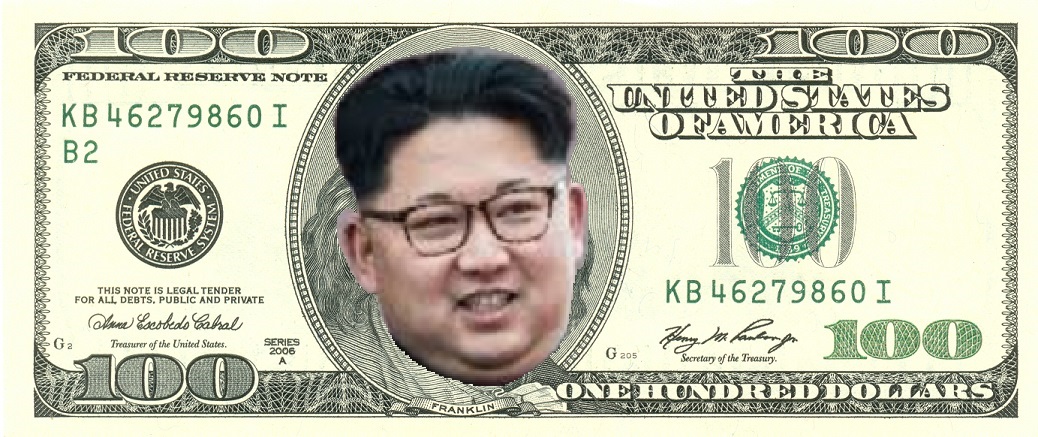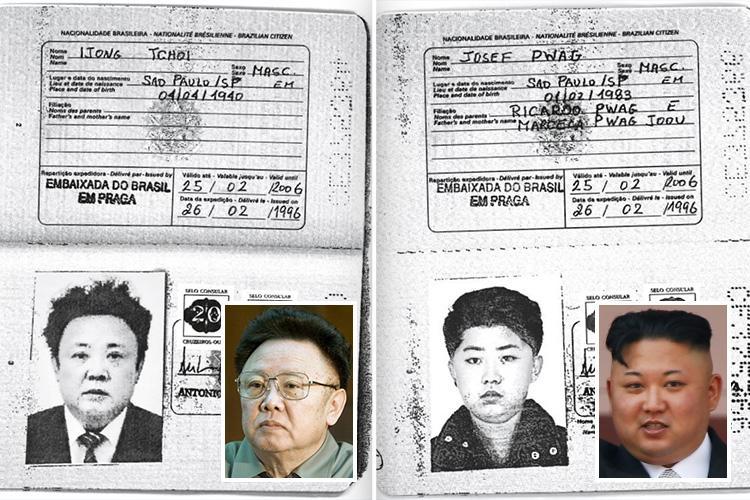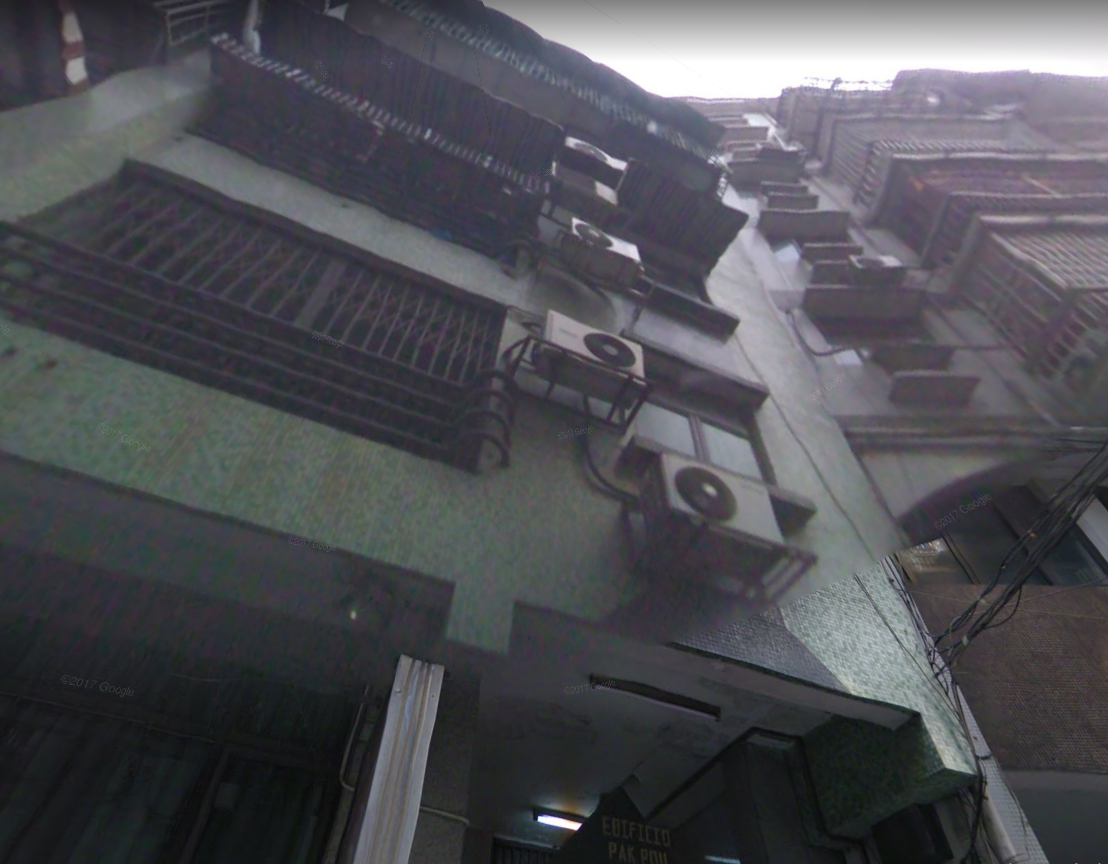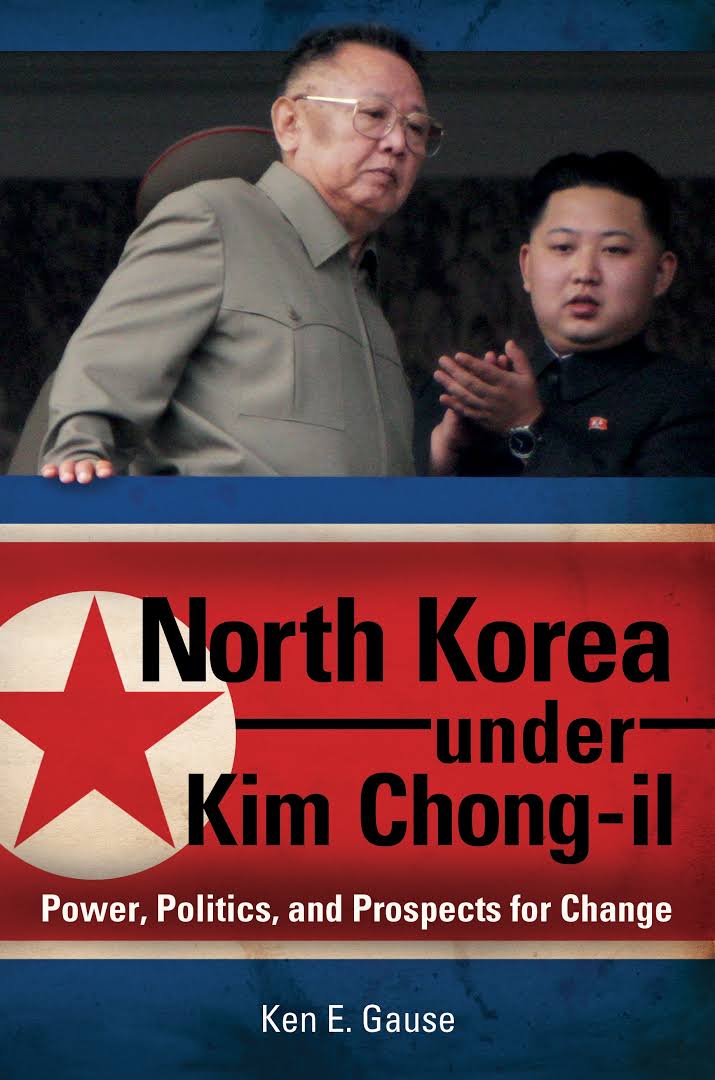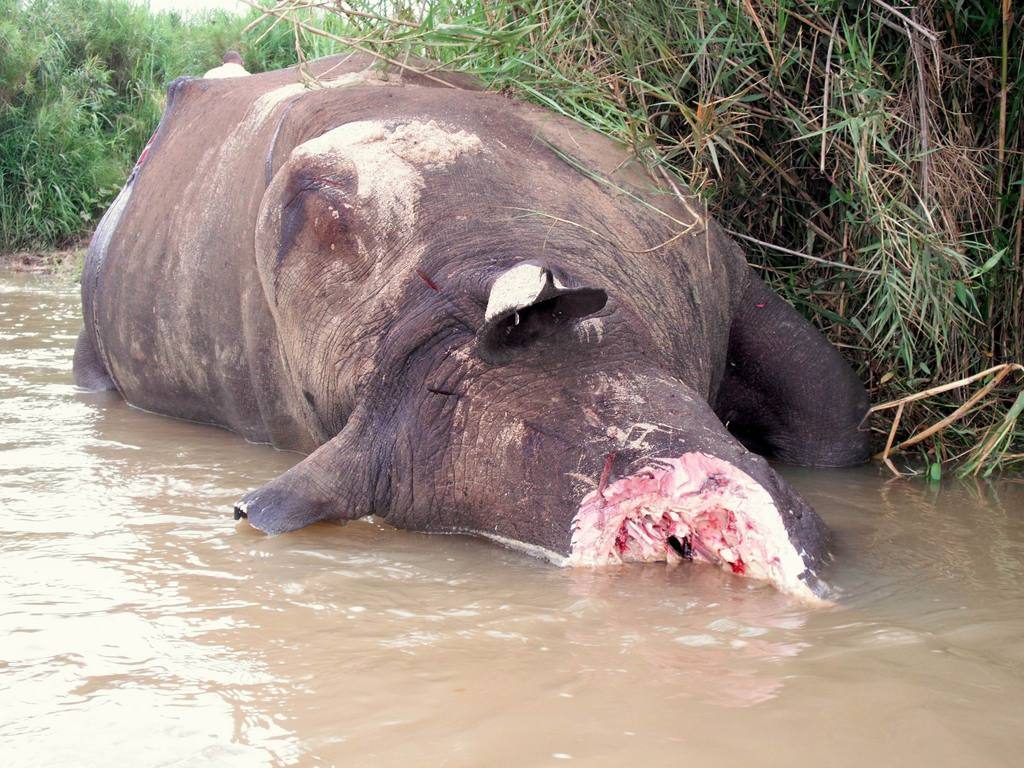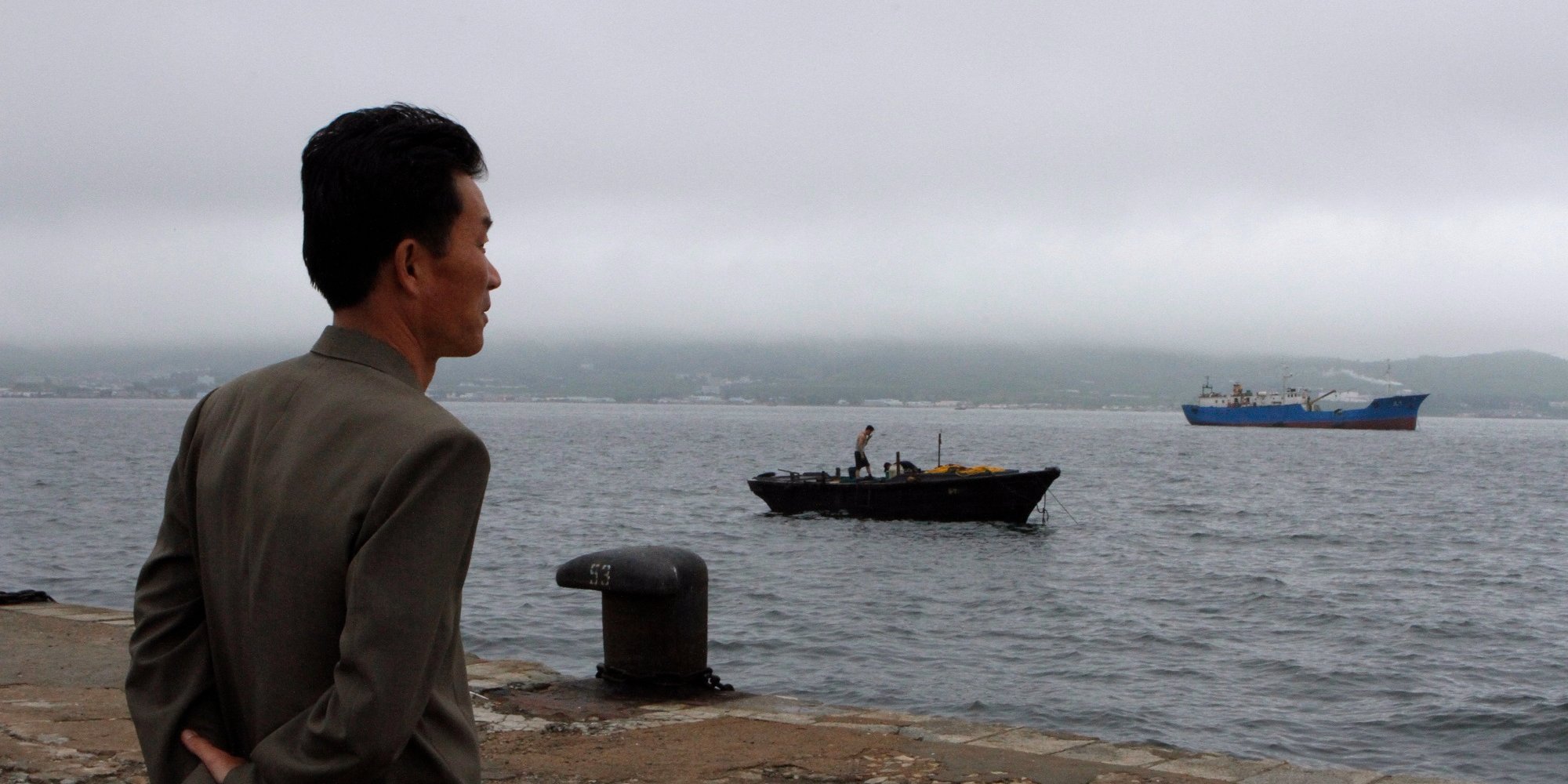North Korea supplied criminal networks, terrorist organizations and other rogue states with millions of dollars of counterfeit bills.
Since 1989 North Korea has been printing fake US dollar bills on a massive scale using professional presses to achieve an extremely high level of accuracy. The fake bills are of such high quality that they have proved difficult to detect on the international market. This has led to currency fraud investigators dubbing them ‘supernotes’ (see article here).
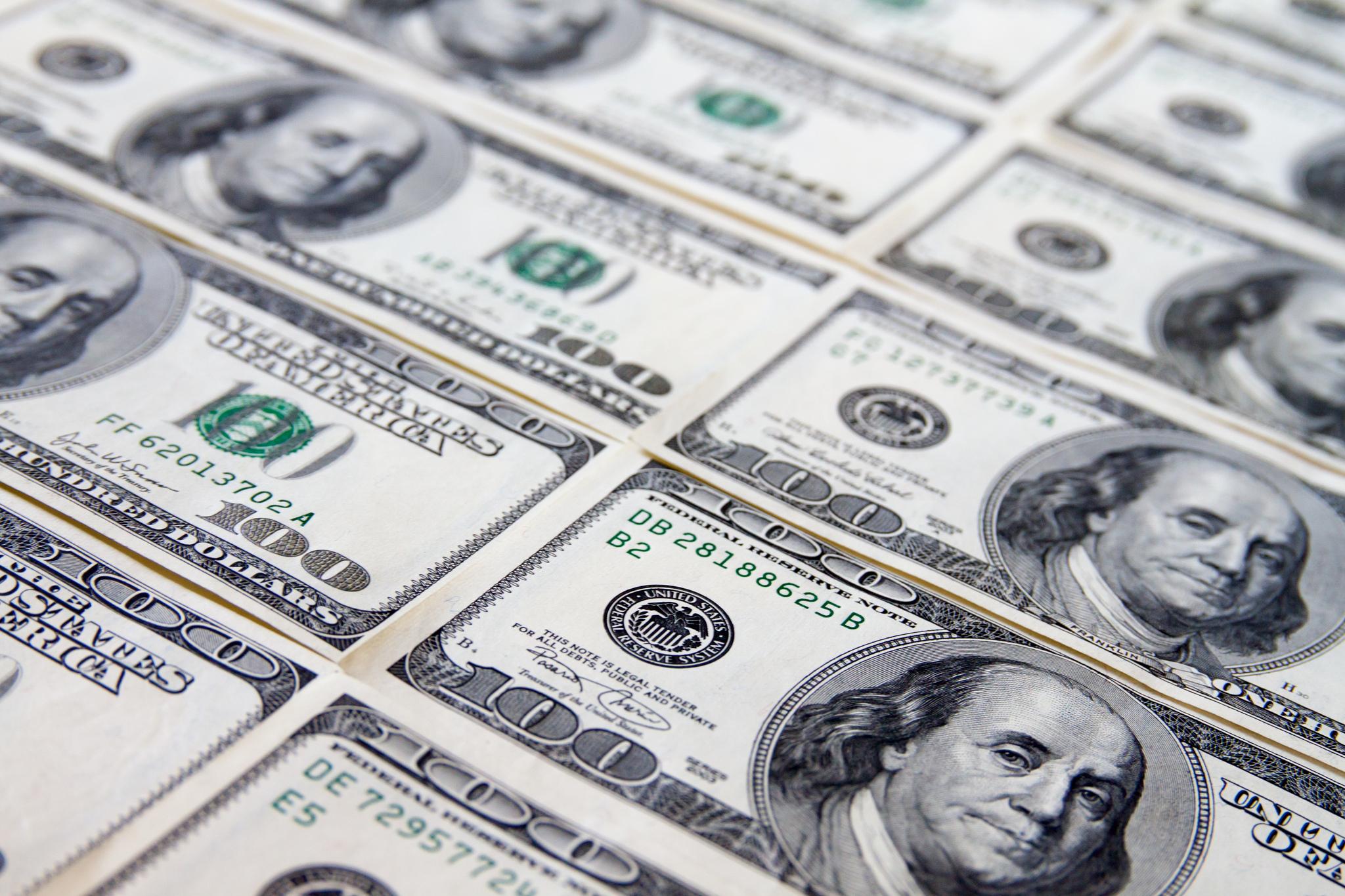
The aim of the supernote counterfeiting program was to raise funds for the country’s nuclear, chemical and long-range missile programs. The initiative – which PP thinks is clearly led from the top of the regime due to its size and complexity – sits alongside a number of other international criminal fundraising schemes the DPRK has used to generate money. These include drugs trafficking, black market smuggling and the illegal wildlife trade.
The DPRK’s production of fake bills is certainly impressive in its size. PP is aware of $45 million worth of counterfeit currency that was seized between 1989 and 2005, running at an average seizure of $2.7 million each year before 2005 when a staggering $11 million was seized. Considerably more currency is likely to have remained in the open market and have never been detected.
North Korea obviously found its sale of counterfeit dollars to be a profitable venture because in late 2009 they also began to produce counterfeit
€200 bills. These were sold at a value of $75 per note and were introduced into Eastern Europe.
North Korean supernotes are usually sold and distributed overseas by hand-picked DPRK diplomatic officials selected by the Kim regime for their expertise in smuggling techniques, and travel across the world to identify likely buyers. These dealers have no issues trying to sell to criminal and terrorist organizations. In the 1990’s PP has found from quite clear evidence that fake bills were distributed via terrorist networks including the IRA, Hezbollah and the Japanese Red Army – as well as organized crime syndicates in Asia (see article here).
In their dealings in Africa the North Koreans also crossed ethical boundaries. They regularly defrauded developing countries in Sub-Saharan Africa with huge volumes of fake US Dollars. In 2009 officers of the KWP External Liaison Department (ELD) traveled to Nigeria for six months to arrange the sale of supernotes – for 30 percent of their face value. PP has found out from our research that the KWP Operations Department, via the “Korea Stamp Company”, then managed production and delivery of these bills. However many were subsequently seized.
North Korea’s ‘supernote’ program has funded terrorist organizations and powerful organized crime groups across the world. It is one more activity that shows the disregard that North Korea’s leaders hold for international law in pursuit of power.

